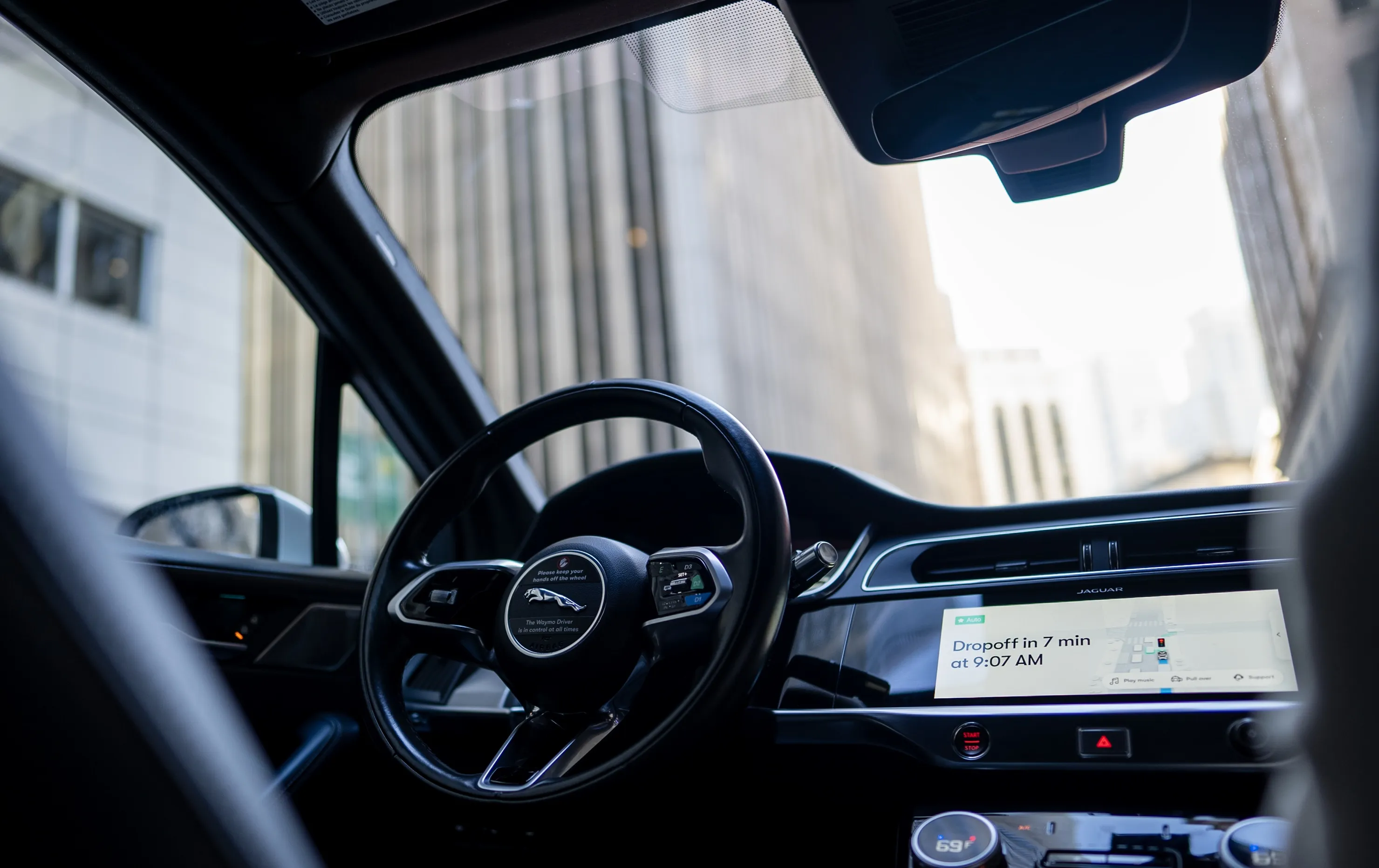Ride sharing services such as
The transport consultancy’s latest report reveals TNCs add 2.6 new vehicle miles on the road for each mile of personal driving removed, increasing driving on city streets by 160%.
Called The New Automobility: Lyft, Uber and the Future of American Cities, the document combines research and data from a national travel survey to create a detailed profile of TNC ridership, users and usage.
These findings show 70% of Uber and Lyft trips take place in large, densely populated areas such as Boston, Chicago, Los Angeles, Miami, New York, Philadelphia, San Francisco, Seattle and Washington DC.
Additionally, TNCs account for 90% of TNC/ taxi trips in these cities, except for New York, but taxis serve more customers in suburban and rural areas.
Schaller Consulting says shared rides increase traffic because most users switch from non-auto modes. There is also added mileage between trips as drivers wait for the next dispatch and then travel to a pick-up location.
According to the study, TNCs draw customers from non-auto modes based on the speed of travel, convenience and comfort. Published data based on surveys show around 60% of TNC users in large cities would use public transportation, walk or use a bike or not make the trip if TNCs had not been made available. Meanwhile, 40% would have used their car or a taxi.
These surveys were conducted in Boston, Chicago, Denver, Los Angeles, New York, San Francisco, Seattle and Washington DC and also include a statewide study in California.
The report suggests cities can combat congestion caused by TNC volumes through trip fees, congestion pricing, bus lanes and traffic signal timing. If additional steps are required to reduce traffic congestion, it recommends policy makers limit low-occupancy vehicles, increase passenger occupancy of TNCs and taxis, change commercial vehicle operations and ensure a frequent bus and rail service.
Furthermore, Schaller Consulting believes the conditions caused by TNCs could occur when autonomous vehicles (AVs) become more common in cities.
Policy makers should steer AV development away from this future with steps to manage TNCs and personal autos and emphasise frequent and comfortable high-capacity transit service, Schaller Consulting adds.
A full copy of the report is available %$Linker:
Ride sharing services increase traffic, says Schaller Consulting
Ride sharing services such as Uber and Lyft, also called transportation network companies (TNC), are increasing congestion in US cities, says Schaller Consulting. The transport consultancy’s latest report reveals TNCs add 2.6 new vehicle miles on the road for each mile of personal driving removed, increasing driving on city streets by 160%. Called The New Automobility: Lyft, Uber and the Future of American Cities, the document combines research and data from a national travel survey to create a detailed
August 1, 2018
Read time: 3 mins







